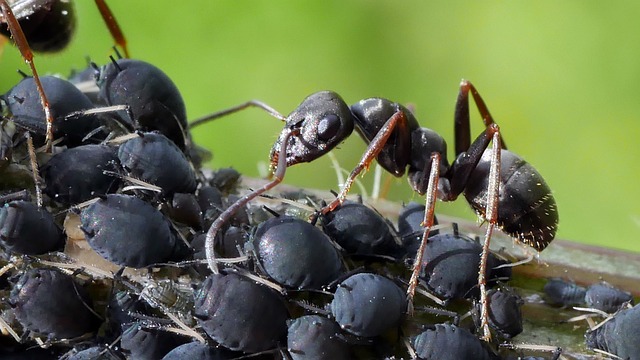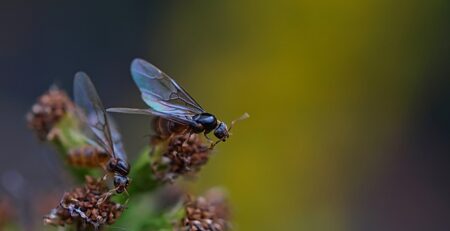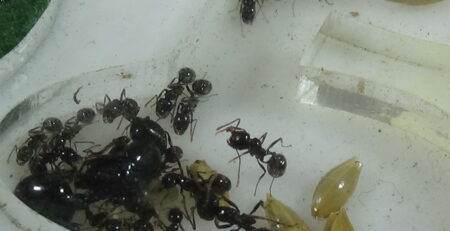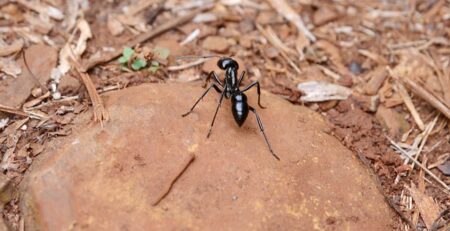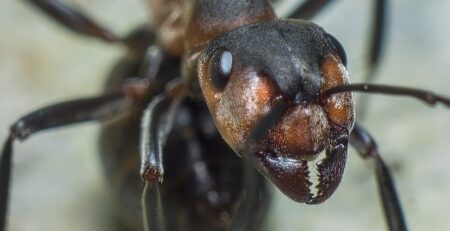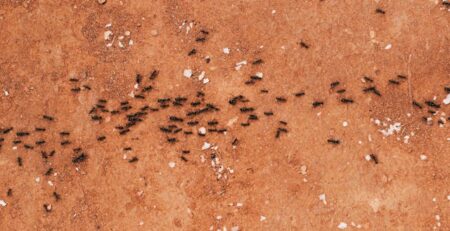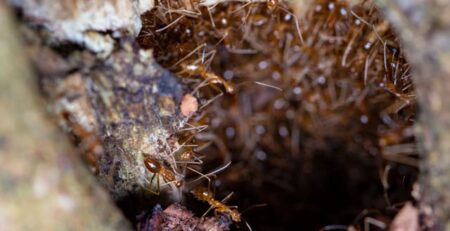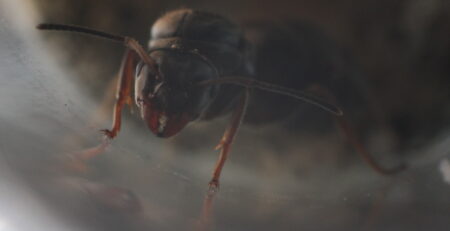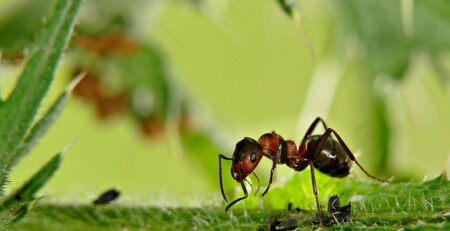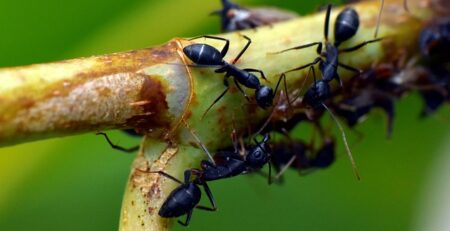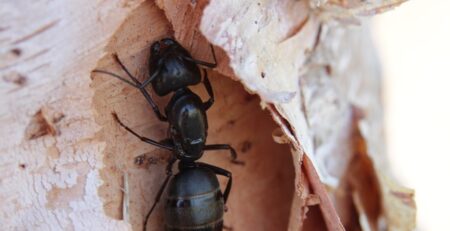How Long Can You Keep Ants in an Ant Farm?
Ant farms, those captivating miniature ecosystems that allow us to observe the daily activities of ants, have long been a source of wonder and fascination. But as an ant farm owner, you may wonder, how long can you keep ants in an ant farm? The answer to this question depends on several factors, including the ant species, the quality of care, and the overall health of the colony. In this article, we’ll explore the various factors that influence the lifespan of an ant colony in an ant farm.
Ant Species and Lifespan:
The lifespan of an ant colony in an ant farm varies depending on the species being kept. Ants come in numerous species, each with its own unique biology, behavior, and lifecycle. Some species are short-lived, with colonies that may only last a few months, while others have longer lifespans that can extend for several years.
For example, harvester ants and certain carpenter ant species are known for having relatively short-lived colonies that may survive for only a few months. On the other hand, species like the black garden ant and red imported fire ant can have colonies that endure for several years, given the right conditions.
Colony Health and Care:
The care provided to the ant colony within the ant farm is another significant factor that influences how long it can be sustained. Proper care includes maintaining the correct temperature, humidity, food supply, and a clean environment. Neglecting any of these factors can lead to stress and health issues for the ants, potentially shortening their lifespan.
For example, inadequate humidity or ventilation can cause mold to develop within the ant farm, which can harm the ants. Likewise, a lack of food or improper feeding can lead to malnourished ants, which may result in a shorter colony lifespan.
Queen’s Vital Role:
In an ant colony, the queen plays a pivotal role in determining the colony’s longevity. The queen is responsible for laying eggs, and the health and vitality of the queen can significantly impact the colony’s overall health. If the queen dies or becomes unhealthy, the colony’s lifespan may be cut short as it loses its ability to reproduce.
Natural Lifespan vs. Captive Lifespan:
It’s essential to understand that the lifespan of an ant colony in the wild can differ from its lifespan in an ant farm. In the wild, factors like predation, disease, and environmental challenges can significantly impact the colony’s survival. In contrast, an ant farm provides a controlled and protected environment, potentially allowing the colony to thrive longer than it might in nature.
Conclusion:
The duration of time you can keep ants in an ant farm varies greatly, depending on the ant species, the care provided, and the overall health of the colony. While some ant farms may host colonies for only a few months, others can sustain them for several years. To maximize the lifespan of your ant colony, it’s crucial to choose a suitable ant species, provide optimal care, and maintain a clean and controlled environment.
Ant farms offer a captivating opportunity to explore the fascinating world of ants and their intricate social structures. Whether you’re interested in short-lived species or those with longer lifespans, owning an ant farm can be a rewarding educational experience as long as you are committed to providing proper care and attention to your tiny, six-legged residents.

